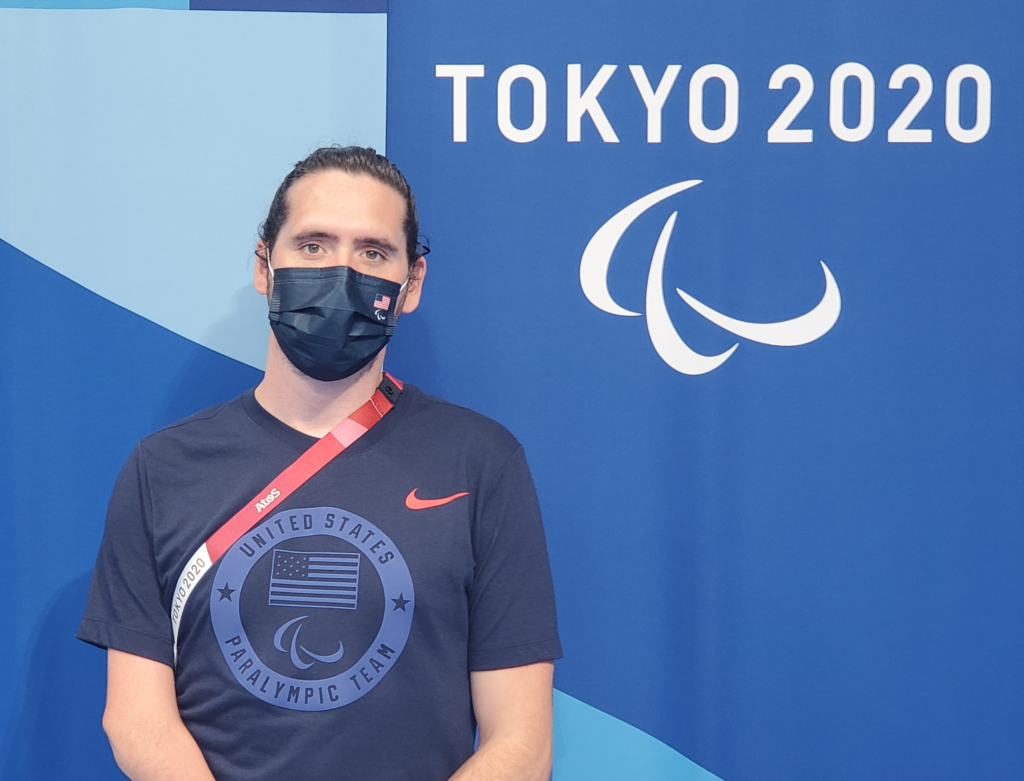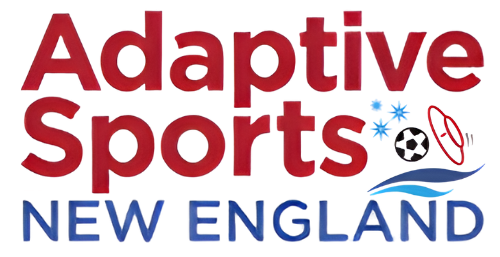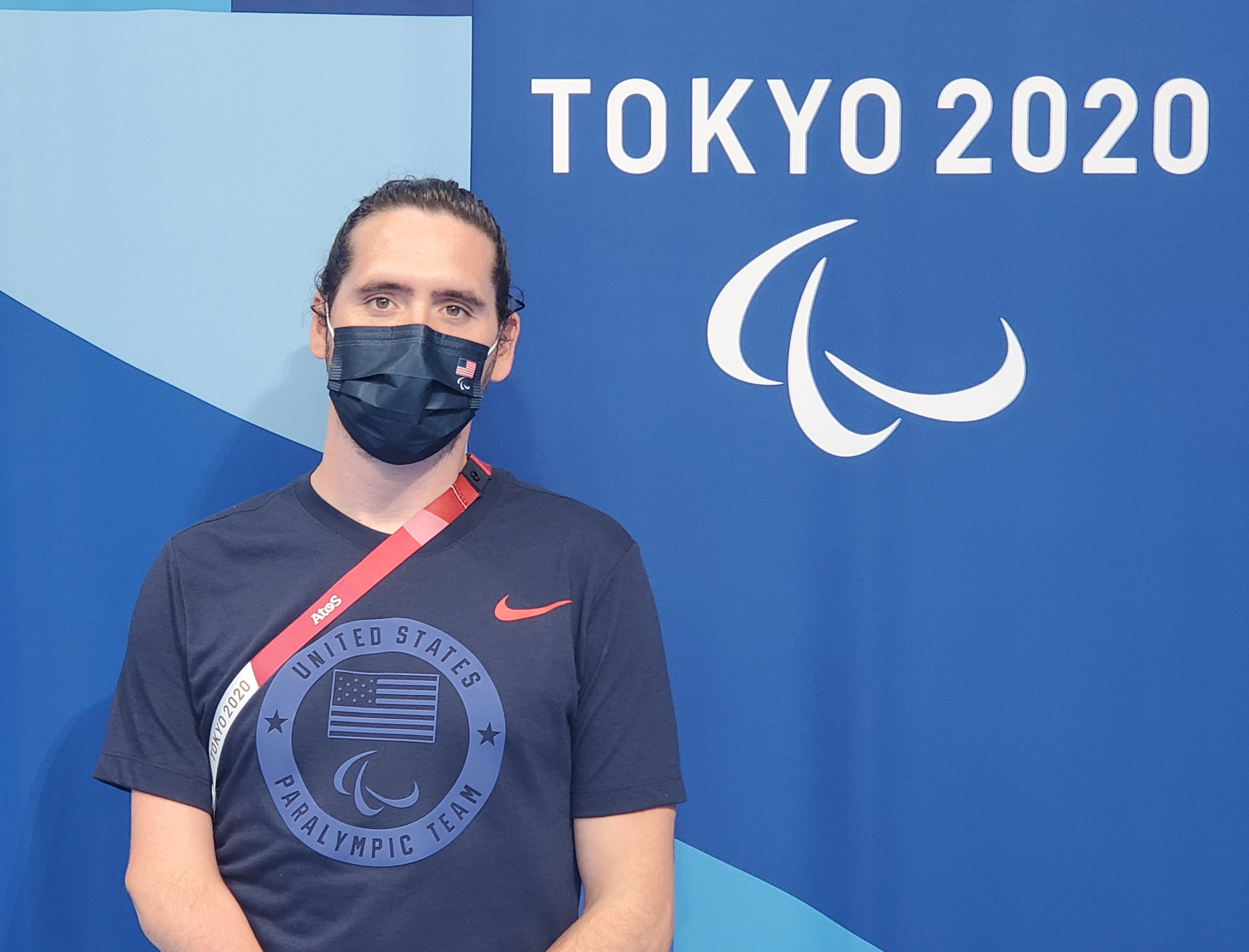By: Molly Levitt
As Michael Prout Jr. boarded the plane to Tokyo, now a coach for the U.S. Paralympic swim team, he focused on the road ahead for his athletes. It was not an easy journey for him to get there. He had to endure multiple Covid tests and binders of paperwork – all while supporting a group of Paralympic athletes who were ready to take on the world.
Prout, who is head coach of the Adaptive Sports New England swim team, is no stranger to athletics at the highest level. He is a three-time Paralympian in swimming, who competed in the Athens, Beijing, and London Paralympic Games. He earned a gold medal in the 400-meter freestyle and a bronze medal in the 100-meter freestyle. And while Prout started swimming at age six, he didn’t know that the Paralympics existed until he was 16.
In many ways, Prout lived in two worlds. He swam at the University of Massachusetts Amherst in college, a division one school, while also competing in Paralympic meets. He found an unexpected swimming community when he discovered Paralympic swimming. When asked about what felt different, he said, “Being around other disabled swimmers is a bit more relaxing. People aren’t looking at you. Instead, they are making light of their own disabilities. It’s a safe space because you know that everyone else you are competing with has been through something.”
Prout brought a depth of experience with him to Tokyo, as the only Team USA coach with lived experience as a Paralympian and as a gold medalist. He also brought decades of experience in helping swimmers adapt to whatever challenge lies ahead of them.
As one of the founding coaches of the Adaptive Sports New England swim team he has learned how to help any athlete access the power of swimming. This is the part of the job that he loves the most, “When you are coaching all able-bodied swimmers, most of your job is just supporting swimmers through the same drills. But when you are coaching athletes with disabilities, every program is slightly different.”

In Tokyo, he brought this experience of supporting each person individually. One of his favorite jobs as a coach was tapping. Tapping is how you support a visually impaired athlete who is approaching the wall. As a tapper, you will touch the athlete to let them know it is time to turn. But it is not as simple as that. It relies much more on understanding the athlete and their needs. Some athletes like to be tapped right when it is time to turn, others want a longer lead time. Some want to be tapped on the head, others who may have a traumatic brain injury might need to be tapped on the shoulder. It actually becomes quite integral to the race that the coach knows exactly how to support each individual athlete in a way that will not assist but not impede a high-stakes race.
Tokyo was hugely successful for American paralympic swimmers, who brought home a record number of medals and broke several world-records.
For Prout, who found his way to coaching after some time away from swimming, creating these relationships and helping an athlete continue to access the sport throughout their athletic career is what lights him up. It is what makes him such an excellent coach, and an integral member of Adaptive Sports New England.




Comments are closed